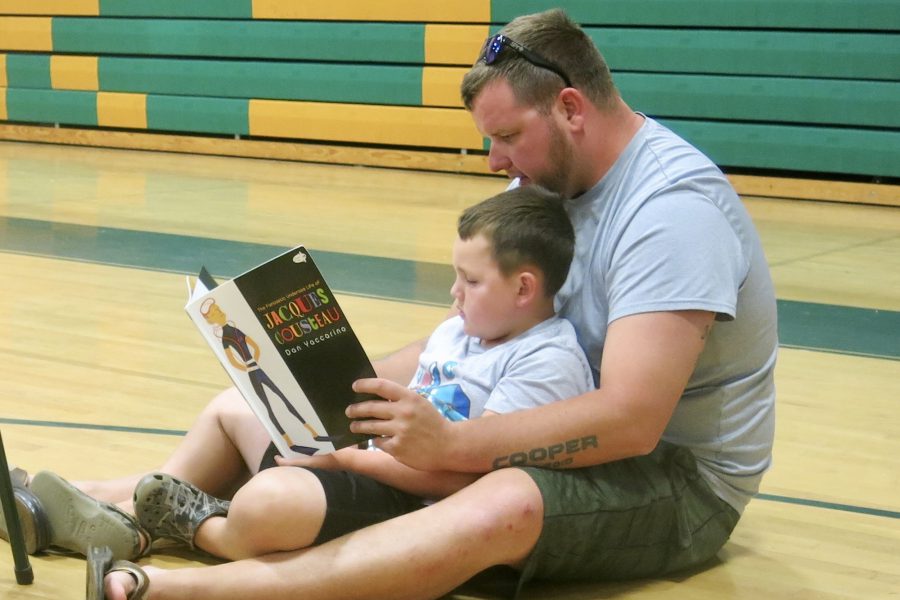
As parents, you are your child’s first and most important teachers. Parents have a hugely important role to play in shaping literacy, social and emotional skills. Parental involvement impacts directly and indirectly on a child’s learning. Here are some tips so you can involve yourself in your child’s development.
Image Source: Pexels
Reading to your Children
Reading books is relaxing, enjoyable, and one of the best ways to help children learn about new words and emotional concepts. Try your best to portray and explain reading as a great leisure activity for all ages. Children who are read to during a young age often have more success in school. Regardless of what happens during the day, there is that time right before bed that’s free of strife. Spend this time with your child and share stories together.
It is essential to make sure your child has a solid foundation and love for literacy. Babies who look at books end up with a much more extensive vocabulary than those who don’t. Have a book out for your baby during “tummy time.” Touch and feel books with all sorts of shapes and animals are perfect for this. Look through a cardboard book with your baby and let them turn the pages themselves. It’s never too early to start.
If you’re uncomfortable with reading a book, choose one with large pictures. Describe the images and talk about them with your child. Create your own story or even encourage them to do so. It doesn’t matter what you’re reading. Your child wants to hear your voice and establish a bond with you. Inspire them to have an imagination and use this opportunity to let them know they are loved.
Incorporating Education in Play
Education during play will serve as bonding time with your child. There are so many ways in which you can incorporate learning during your child’s playtime. For example, all children love to play pretend. Pretending inspires your child to use their imagination and helps them to build many essential skills.
When your child plays pretend, they are actually learning about different roles in life. This can teach them how to take turns, share responsibility, and solve problems. Pretending to be different characters allows them to step into another person’s shoes, teaching them skills like empathy. Actively involve yourself in this sort of play and notice your child begin to understand other people’s feelings.
Image Source: Pixabay
Associate Reading with Daily Life
Other than books, there are so many other things that could be read to your child. Everywhere you go there are letters, words and sentences. It is easy to boost your child’s learning daily, no matter what you are doing.
When you take your children to the supermarket, there are sale signs and labels that could be read. It’s the perfect opportunity to teach your child different fruits and vegetables and show them the actual thing. If you’re eating out at a restaurant, why not read the menu to your child? Ask them to identify different words and letters and when the food comes out, let them know what it is you ordered!
Track Learning Progress
Lastly, it’s essential to track your child’s learning. It’s easy to forget milestones, so try your best to be aware of your child’s progress in different areas of education. You can write these achievements down or even keep a notebook. Involve your child in the process and help them create a scrapbook. It is important your child knows what they have achieved.
Watch CLiF’s video on encouraging early literacy skills in your kids!
Author Harper Reid is grateful to her parents for encouraging her to read as a child. She grew up looking forward to a routine with exciting bedtime stories and her favourite vanilla marshmallows in hot chocolate. Harper’s love of reading paved the way for her passion in writing. These days, she’s busy crafting articles for blogs and local sites such as Poynters. You can connect with Harper here.





